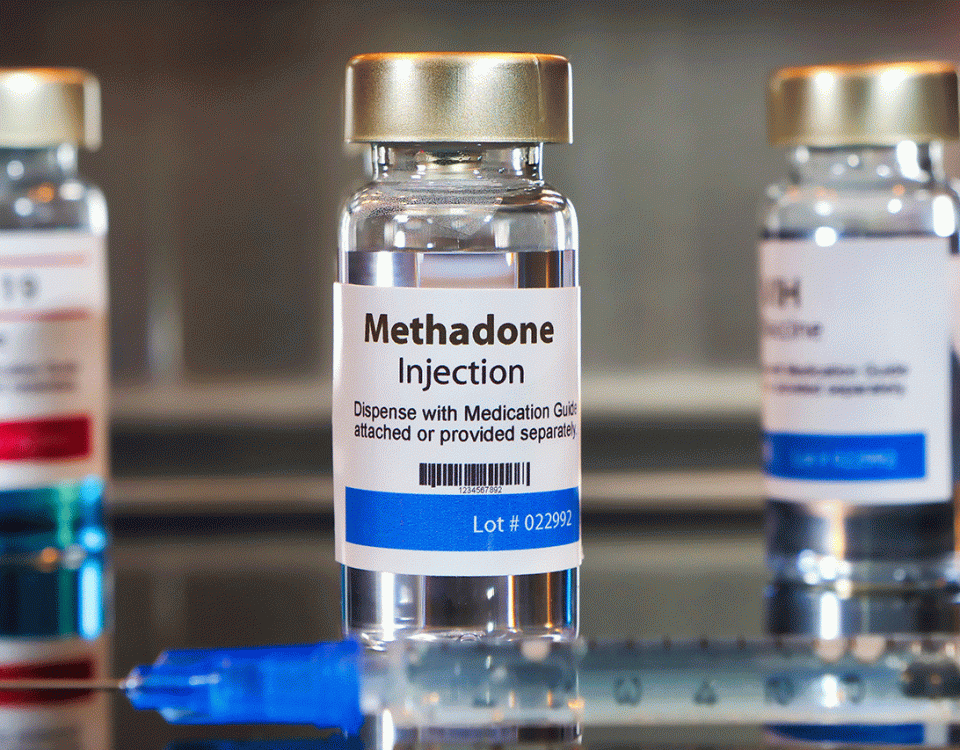For bipolar individuals, a stable mood can seem like a rarity. It sees its sufferers through periods of extreme happiness, referred to as mania, followed by intense depressive episodes that can last for weeks at a time. This can be an incredibly frustrating cycle, one that is exacerbated by drugs and alcohol while also enticing those affected to seek them out for some form of relief. This can lead to more issues, like a co-occurring disorder, making addiction that much harder to manage overall. Banyan addiction treatment centers explore the connection between bipolar disorder and alcohol.
Types of Bipolar Disorders
Primarily, it is crucial we understand the scope of this disorder and how differently it can affect people. Some feel things more intensely, while others present symptoms known as hypomania, which are like manic episodes for a shorter amount of time. The numerous types include:
- Bipolar 1: Characterized by one episode of mania that was longer than a week, followed by depressive episodes.
- Bipolar 2: At least one depressive episode with symptoms of hypomania that last at least 4 days.
- Cyclothymia: Symptoms of depression and hypomania are experienced over the course of 2 years but not severely enough to warrant a bipolar 1 or bipolar 2 diagnosis.
Regardless of the exact diagnosis, dealing with any of these disorders can be a debilitating experience. The uncertainty of one's own moods can feel both isolating and confusing.
Additionally, stages between manic and depressive episodes are known as euthymia. This is when their mood is stable, unaffected by the disorder until another spike or drop occurs. Some individuals find this time period to be both refreshing and enjoyable, and it can also convince some that it is safe to partake in habits like drinking and drug use. However, they may want to think twice before picking up the glass.
The Risky Mixture of Alcohol and Bipolar Disorder
It is a common occurrence for people to self-medicate with drugs or alcohol. The latter is particularly dangerous for several reasons. First, alcohol’s sedating properties present the risk of intensifying feelings of depression and suicidal thinking. Second, it can have the opposite effect and increase the severity of a manic episode. This pleasurable phenomenon plays a big part in the commonality of bipolar individuals with alcoholism.
A manic episode is dangerous enough as it is. An inflated sense of confidence often leads people into dangerous or harmful situations without the risk of being initially present. Being further inhibited by a drink at that point only spells trouble. For those that are prescribed medication, mixing this substance with an alcoholic beverage can make one drink feel like several. The likelihood of destabilizing oneself increases with every sip.
The Benefits of a Dual Diagnosis Rehab Program
Once a bipolar individual has developed an addiction to alcohol, they and those treating them have a co-occurring disorder on their hands. Although daunting, this information is crucial throughout the rehabilitation process. Professionals must be conscious of this, as both conditions directly feed off one another, and this damaging cycle can be extremely dangerous when left untreated.
Considering that many individuals abuse substances to mitigate the severity of the symptoms they deal with daily, it can be incredibly difficult to decipher where the mental illness begins, and the addiction ends. Numerous Banyan locations offer dual-diagnosis rehab programs that provide effective support to those struggling with co-occurring disorders like bipolar disorder and alcoholism.
Our team of highly skilled professionals will work to identify every factor that is fueling an addiction, with the objective in mind of empowering patients even when they leave our facility. The options of care levels, treatment programs, and therapies are extensive and give patients the means to tackle their individual struggles backed by both clinical and personal support.
Bipolar disorder and alcohol do not have to rule your life. Despite what we tend to tell ourselves, we are capable of miraculous things when provided with the correct resources. Let our addiction facilities provide that to you.
To learn more about how our Banyan treatment center locations can enrich your recovery journey, call 888-280-4763 today.
Related Readings
Bipolar Disorder and Physical Health: How It Affects Your Body




















